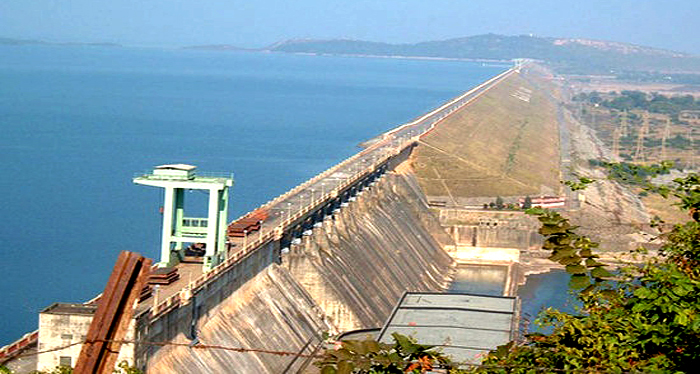Bhubaneswar: The Odisha government directed the State Pollution Control Board (SPCB) to strictly enforce the pollution-control measures in the aluminum smelter plants operating near Hirakud Dam.
At a meeting to review the progress made in curtailing pollution generated from various sources, Chief Secretary Suresh Chandra Mohapatra said industries should properly dispose of the fluoride within their own premises without contaminating the groundwater of the area.
The SPCB was told to conduct a detailed study on the waste discharge by these industries and its impact on the wildlife, according to an official statement.
The chief secretary directed the SPCB to strictly enforce the pollution control measures in the aluminum smelter plants operating near Hirakud Dam. He directed the board to ensure zero discharge of the fluoride by these industries to the reservoir.
Mohapatra had earlier instructed that 145 industries in 17 highly-polluting categories should install high-density internet-based surveillance cameras for viewing of the stag and fugitive emissions.
Twenty-four industries have complied so far and 61 others are in the process of installation of the cameras, according to the statement.
The cameras were connected to the remote monitoring control room set up in SPCB head office in Bhubaneswar. Mahapatra said the remaining industries should fix the cameras in a time-bound manner.
At the meeting, it was decided that out of several global-level air pollution management models, the technique of less emission zone (LEZ) would be more effective for Bhubaneswar.
The chief secretary directed officials concerned to prepare an action plan that is more collaborative through active involvement of the SPCB, Bhubaneswar Municipal Corporation, Works and Tourism departments, and residents.
The action plan would target monitoring of air quality through systematic interventions. SPCB Member Secretary K Murugesan said geodatabase for environmental mapping and web-based GIS application were rolled out in Talcher.
The system would also be put in place for the industrial areas in Rourkela, Keonjhar, Balasore, Kalinganagar, and Angul. Through the system, the pollution generation and disposal by the industries could be monitored through a web-based online system from the control room itself.
PTI






































